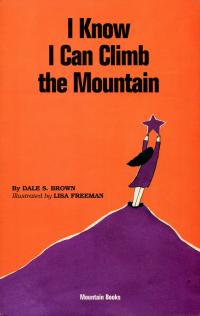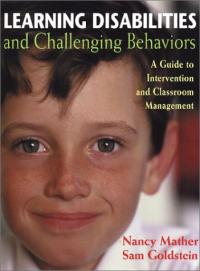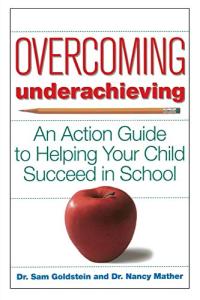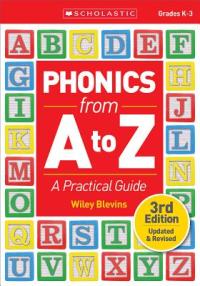
Eli, The Boy Who Hated to Write: Understanding Dysgraphia
This book tries to help parents, teachers, and students understand dysgraphia. The book also suggests some specific strategies that people with dysgraphia can try. Throughout the story, Eli describes his feelings about writing and the reactions of his teachers and classmates. After an important adventure, Eli and his friends realize that everyone is different with their own strengths and weaknesses.








